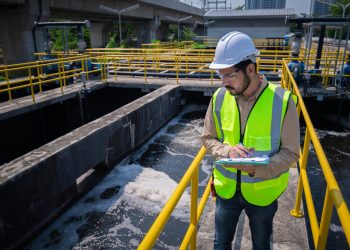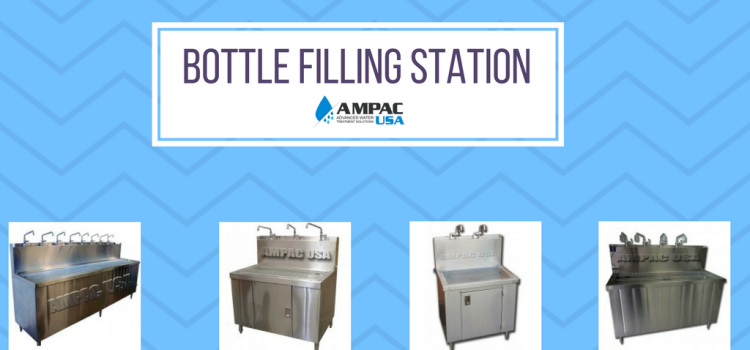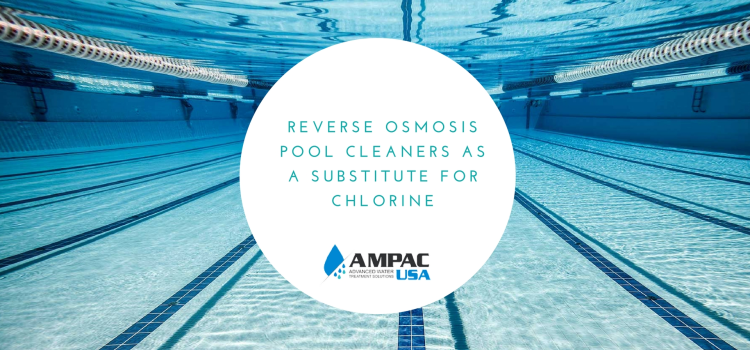Last updated on March 29th, 2025 at 02:19 pm
In the modern environmental landscape, the urgency of sustainable practices cannot be overstated. Among these, water recycling stands out as a crucial element. As freshwater resources dwindle and populations grow, the ability to recycle and reuse water offers not just a lifeline but a forward path towards sustainable development and environmental conservation.
Why Water Recycling?
Water recycling is essential not merely as a response to scarcity but as an integral component of a broader environmental stewardship strategy. It promotes the efficient use of resources while minimizing the ecological footprint of human activities, supporting both environmental balance and human prosperity.
The Basics of Water Recycling
At its core, water recycling involves the treatment of wastewater from various sources—including domestic, industrial, and commercial—to a level safe for reuse for a range of purposes. This process typically includes several stages, such as preliminary treatment, primary and secondary treatments, followed by advanced treatment and disinfection, depending on the intended reuse applications.
Read: Global Water Crisis Fueling more conflicts, UN Report Warns
Types of Water Recycling
The spectrum of water recycling is broad, encompassing:
- Greywater Recycling: This involves reusing water from sinks, showers, and laundry, which, though slightly soiled, can be recycled for landscape irrigation and industrial processes.
- Blackwater Recycling: This involves the treatment of wastewater from toilets and kitchen drains that contain biological or chemical waste, which can be treated and reused for non-potable purposes.
- Processed Water Recycling: This type refers to the recycling of water used in various industrial processes and can be treated and reused within the same or different processes.
The Environmental Benefits
The environmental benefits of water recycling are profound. By converting wastewater into a resource, we significantly reduce the volume of waste discharged into water bodies, thereby protecting ecosystems and reducing pollution.
Read: Why Global Water Security Matters in 2024
Reduction in Waste
Water recycling is pivotal in reducing water wastage. It allows communities to use water more than once, ensuring that every drop is utilized efficiently, which is critical in water-scarce regions.
Conservation of Resources
Through recycling, not only is water conserved, but also the associated energy and materials required to process and transport water. This conservation aids sustainable resource management and reduces dependency on untreated natural water sources.
Reduced Energy Usage
Water recycling processes are increasingly incorporating energy-efficient technologies that lessen the overall energy consumption required to treat and reuse water. This not only helps in reducing the carbon footprint but also lowers operational costs.
Read: Water Purification Technologies: Ultrafiltration, Nanofiltration and Reverse Osmosis
Global Impact of Water Recycling
Globally, water recycling initiatives have demonstrated significant positive impacts. From arid regions in the Middle East to water-stressed cities in California, recycling water has bolstered water security and resilience against drought conditions.
Case Studies
Real-world applications of water recycling provide insightful success stories:
Municipal Success Stories
Cities like Singapore and San Diego have implemented comprehensive water recycling programs that serve as benchmarks for urban water management, demonstrating substantial improvements in sustainability and public health.
Industrial Applications
Water recycling has proven to cut costs and enhance sustainability by minimizing waste and reducing freshwater withdrawal in industries ranging from manufacturing to power generation.
Read: How Can Seawater Desalination Contribute to Water Security in the Middle East?
Challenges and Considerations
Technological Challenges
While the technology for water recycling is advancing, challenges remain in terms of cost, complexity, and the requirement for skilled operation and maintenance.
Economic Factors
The initial costs for setting up water recycling systems can be high, although these are often offset by long-term savings and environmental benefits.
Policy and Regulation
Effective water recycling requires supportive policy frameworks and regulations that encourage the adoption of recycling practices while ensuring public health and environmental protection.
Future of Water Recycling
Innovations in Technology
Emerging technologies in water recycling are focusing on enhancing efficiency and reducing costs, with advancements in membrane technology, automation, and treatment processes promising to revolutionize this field.
Expanding Access and Adoption
Strategies to expand the adoption of water recycling include improving public awareness, offering incentives for water-efficient practices, and integrating recycling systems in both new and existing infrastructures.
Conclusion
The critical role of water recycling in environmental conservation cannot be overstated. As we continue to face global water scarcity, the expansion and refinement of recycling technologies and practices represent vital steps towards a more sustainable and secure water future.











